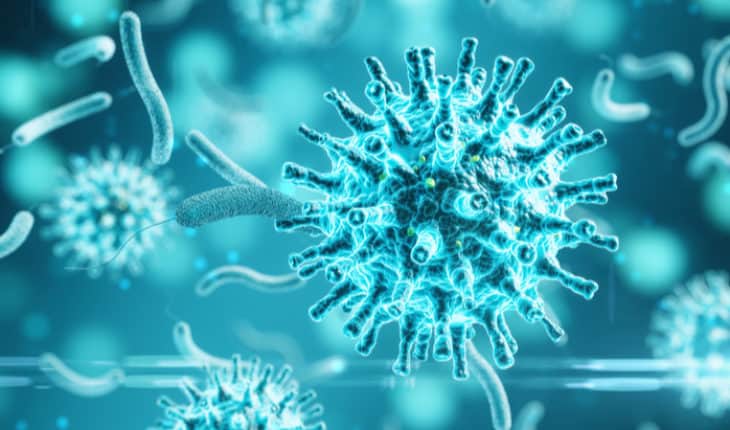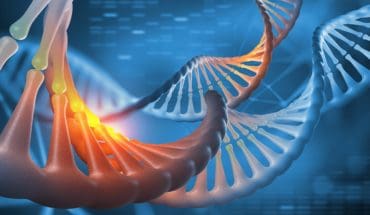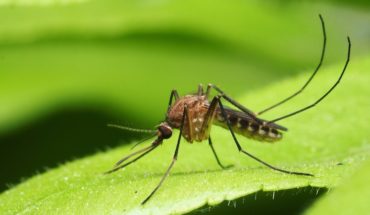Genes that make bacteria resistant to antibiotics are much more widespread in our environment than was previously realised. A new study, from Chalmers University of Technology and the University of Gothenburg in Sweden, shows that bacteria in almost all environments carry resistance genes, with a risk of them spreading and aggravating the problem of bacterial infections that are untreatable with antibiotics.
“We have identified new resistance genes in places where they have remained undetected until now. These genes can constitute an overlooked threat to human health,” says Erik Kristiansson, a professor in the Department of Mathematical Sciences.
According to the World Health Organisation (WHO), antibiotic resistance is one of the greatest threats to global health. When bacteria become resistant to antibiotics, it becomes difficult or impossible to treat illnesses such as pneumonia, wound infections, tuberculosis and urinary tract infections. According to the UN Interagency Coordination Group on Antimicrobial Resistance (IACG) 700,000 people die each year from infections caused by antibiotic-resistant bacteria.
Seeking resistance in new environments
The genes that make bacteria resistant have long been studied, but the focus has traditionally been on identifying those resistance genes that are already prevalent in pathogenic bacteria. Instead, in the new study from Sweden, researchers have looked at large quantities of DNA sequences from bacteria to analyse new forms of resistance genes in order to understand how common they are. They have traced the genes in thousands of different bacterial samples from different environments, in and on people, in the soil and from sewage treatment plants. The study analysed 630 billion DNA sequences in total.
“The data requires a great deal of processing before information can be obtained. We have used metagenomics, a methodology, that allows vast quantities of data to be analysed,” says Juan Inda Díaz, a doctoral student in the Department of Mathematical Sciences, and the article’s lead author.
The study showed that the new antibiotic resistance genes are present in bacteria in almost all environments. This also includes our microbiomes – the genes of the bacteria found in and on people – and, more alarmingly, pathogenic bacteria, which can lead to more infections that are difficult to treat. The researchers found that resistance genes in bacteria that live on and in humans and in the environment were ten times more abundant than those previously known. And of the resistance genes found in bacteria in the human microbiome, 75 percent were not previously known at all.
The researchers stress the need for more knowledge about the problem of antibiotic resistance.
“Prior to this study, there was no knowledge whatsoever about the incidence of these new resistance genes. Antibiotic resistance is a complex problem, and our study shows that we need to enhance our understanding of the development of resistance in bacteria and of the resistance genes that could constitute a threat in the future,” says Kristiansson.
Hoping to prevent bacterial outbreaks in the healthcare sector
The research team is currently working on integrating the new data into the international EMBARK project (Establishing a Monitoring Baseline for Antibiotic Resistance in Key environments). The project is coordinated by Johan Bengtsson-Palme, an assistant professor in the Department of Life Sciences at Chalmers, and aims to take samples from sources such as wastewater, soil and animals to get an idea of the way in which antibiotic resistance is spreading between humans and the environment.
“It is essential for new forms of resistance genes to be taken into account in risk assessments relating to antibiotic resistance. Using the techniques we have developed enables us to monitor these new resistance genes in the environment, in the hope that we can detect them in pathogenic bacteria before they are able to cause outbreaks in a healthcare setting,” says Bengtsson-Palme.
- Breakthrough in child chronic respiratory diseases - 11th April 2024
- Protein could help detect delayed concussion recovery - 11th April 2024
- New insight into combatting drug-resistant prostate cancer - 11th April 2024






